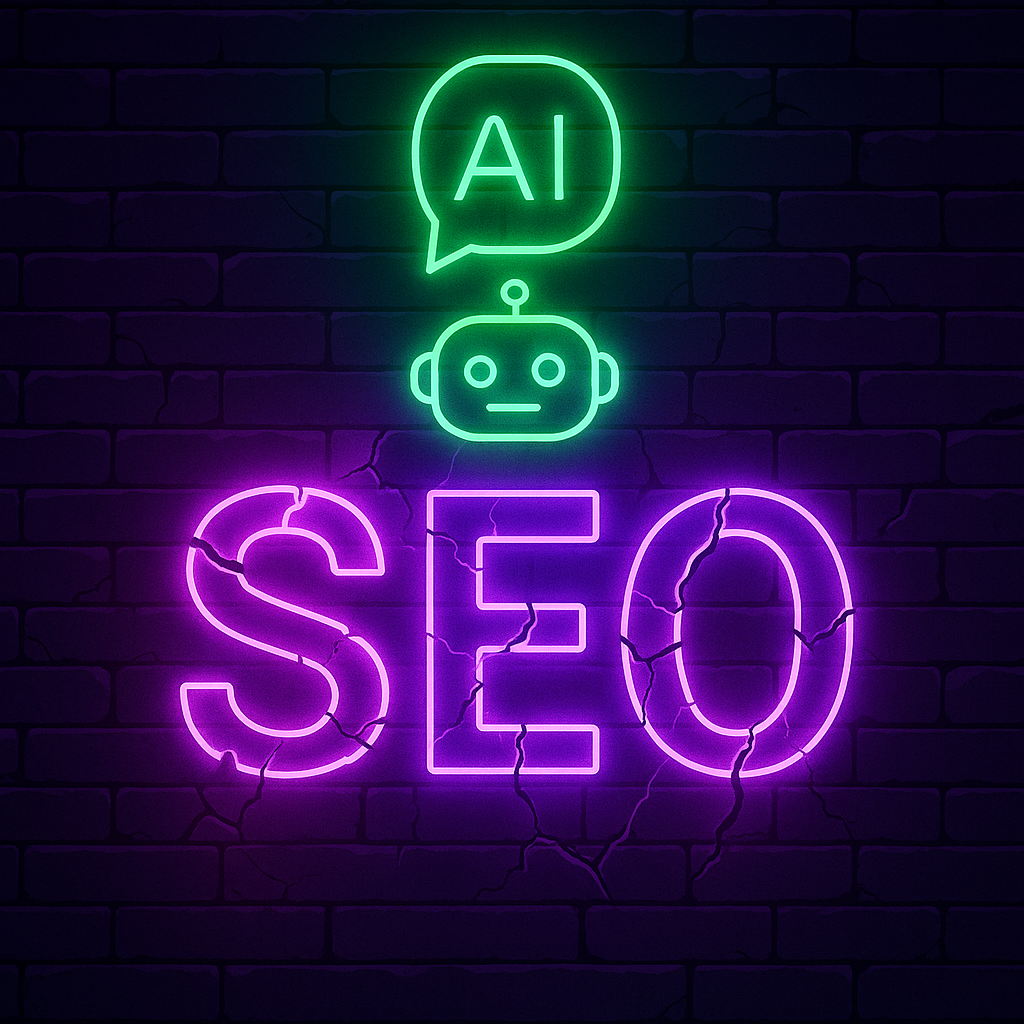For years, search engine optimization (SEO) has been the bedrock of digital marketing. Ranking on Google meant visibility, credibility, and predictable traffic. But 2025 has been a turning point. The rise of generative AI and Google’s AI Overviews are changing the rules, and many marketers are now asking the same question: Is SEO dead?
The short answer: traditional SEO is losing its dominance. The longer answer: a new discipline, often called AI SEO, is taking its place.
How Consumer Behavior Is Changing
Holiday shopping season is the perfect case study for this shift. According to AdRoll’s Q3 Holiday Marketing Report, shoppers are no longer relying only on Google or Amazon to find gift ideas. They are increasingly asking AI tools for recommendations, comparisons, and deal summaries.
This is more than a trend — it is a structural change in how people discover products and services.
-
Discovery is fragmenting. Instead of one dominant search channel, we now have multiple entry points: AI assistants, chatbots, contextual ad placements, and traditional search.
-
Shoppers are buying earlier. AdRoll reports that many consumers are making key decisions in September and October, not just on Black Friday.
-
Value and trust matter more. With economic uncertainty and so much generic content online, consumers are gravitating toward brands that feel authentic and authoritative.
Why “SEO Is Dead” Resonates in 2025
Research from Semrush shows that AI Overviews now appear in more than 13% of U.S. queries, and Pew Research found that when an AI summary appears, organic click-through rates fall nearly in half. That means even a #1 ranking is worth less than it used to be.
This does not mean SEO is irrelevant. It means the metrics have changed. Visibility in AI-driven search is now more valuable than organic rankings alone.
Traditional SEO emphasized:
-
Keyword targeting
-
Backlinks
-
Technical optimization
AI SEO emphasizes:
-
Authority (content backed by research and expertise)
-
Answer-style formatting (content that directly answers conversational queries)
-
Multi-format credibility (articles, video, FAQs, data reports)
The Rise of AI SEO
AI SEO is about becoming the answer that AI-driven engines choose. It is no longer enough to optimize for algorithms; you must optimize for AI summarization models that are designed to predict what the user really wants.
Key differences include:
-
Trust over tricks. AI is more likely to pull from trusted brands, universities, or expert publishers than keyword-stuffed sites.
-
Directness over length. While long-form still matters, concise and well-structured answers are more likely to be quoted in summaries.
-
Engagement over clicks. AI-driven search reduces clicks, so the value comes from brand visibility and authority even when the user does not land on your site.
5 Strategies to Stay Visible in Q4 2025
Marketers do not have time to rebuild an entire SEO strategy before Christmas, but there are still actionable moves that can drive results in Q4 and lay the foundation for 2026.
1. Repurpose FAQs Into Campaigns
Consumers ask AI the same questions they used to ask Google. Turning FAQs into ad copy and landing pages aligns with this intent. For example:
-
Ad: “What’s the best way to protect retirement savings in 2025?”
-
Landing page: A clear, answer-focused page with proof, stats, and a CTA.
2. Lead With Authenticity
As AI-generated content floods the web, authentic voices stand out. Case studies, reviews, and user-generated content carry more weight than generic blog posts. For holiday campaigns, highlight real customer experiences to cut through AI noise.
3. Test Contextual Placements
With privacy regulations tightening and third-party cookies on the decline, contextual targeting is gaining strength again. Ads placed alongside relevant articles, seasonal themes, or product reviews align with the user’s mindset and increase conversions.
4. Publish in Multiple Formats
AI engines pull from diverse sources. Brands that publish long-form blogs, short FAQs, video explainers, and data-backed insights are more likely to be cited. Repurposing across formats is a force multiplier.
5. Prepare for January’s Surge
Holiday campaigns matter, but so does January. Health, wealth, and “New Year, New You” promotions dominate Q1. Setting up creative and funnels now ensures you capture the wave of intent that follows the holidays.
Why This Matters for Marketers
At Engage Max Media, we see this as both a challenge and an opportunity. The companies that cling to the old SEO model will lose visibility. The companies that adapt to AI-driven discovery will position themselves as leaders in 2026.
The lesson is simple: SEO is not dead, but traditional SEO is.
The brands that start experimenting with AI SEO now will be the ones consumers see — and trust — when AI becomes the default way people search.
Key Takeaways
-
AI SEO is the new frontier. Optimize content for AI summaries, not just rankings.
-
Authority and authenticity win. Data-backed, trust-driven content rises above generic AI filler.
-
Act now for Q4, build for 2026. Short-term campaigns can win this holiday season, but the long-term battle is for AI visibility.

